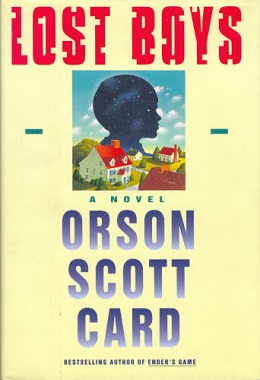The beauty of Microsoft's
QuickBasic was that you could use it almost as easily as a desk calculator for evaluating simple expressions, whilst at the same time it was a fully fledged programming language capable of running business applications. That I know because I wrote one that got used in a number of hotels without fault for many years.
The closest I have found that will run on a Windows computer is
Just Basic which can both emulate the DOS based
QuickBasic and can create a Windows GUI. With it you can write a one line program like
PRINT "My fish pie was as big as "; asn(1)*2
Just Basic is a subset of
Liberty Basic which you will need to upgrade to only if doing serious stuff. I like their business model:
Just Basic is offered totally free even for commercial applications and has no silly restrictions. Or you can get the paid for
Liberty Basic which adds a few important extras for a very moderate sum.
The beauty of
Visual Basic (VB6) is that creating a Windows GUI program is a doddle. Not quite as easy as
QuickBasic but almost. For example, if you want to write a FOR loop to evaluate the
Gregory–Leibniz series to an arbitrary number of iterations...
 |
| which converges rather slowly to Pi... |
in
QuickBasic this might be
for n=0 to 100
pi = pi + ((-1)^n) * 4/(2*n + 1)
next
whereas in VB6 you will have to add to this code a Form (aka Window) onto which you drag a Text-Box or Label to display your result. And name and save the Form and Project source files.
Things only get more difficult with VB.NET. The simplest program, one that prints "Hello World", requires all of:
Imports System
Module Module1
Sub Main()
Console.WriteLine("Hello World")
Console.ReadKey()
End Sub
End Module
You cannot even easily port your VB6 code to VB.NET. And you are forced to install the
bloated .NET framework. Serious programmers claim that VB.NET is much more powerful but I reckon that most of us want ease of use more than power, especially when the "power" being talked about is all about multi-threads and objects and inheritance and stuff that, frankly, we never needed back in those days when they used computers to send men to the moon.
David Platt says it all in his article "The Silent Majority: Why Visual Basic 6 Still Thrives" in MSDN Magazine. If we can believe him then it looks like VB6 is here to stay a while longer. I can testify that it runs under Windows 8.1 although there are a few problems in the editor. But this, I have learnt, is to be expected.
I hope, I hope that Microsoft continue to keep new operating systems backwards compatible with software that people actually use, rather than software that Microsoft want people to use. Like VB6. And another example is
Word 97 which does almost everything I want of a word processor and which I therefore still use.
Sorry if I come across like I have a 'B' in my bonnet. I guess I have! But there is an old adage that goes "if it ain't broke then don't fix it".
P.S. Have just found
VB6 Zone blog which records that
Microsoft have agreed that "VB6 is awesome" and will at least continue to support VB6 runtime until 2024. This is good news indeed.







.jpg)


